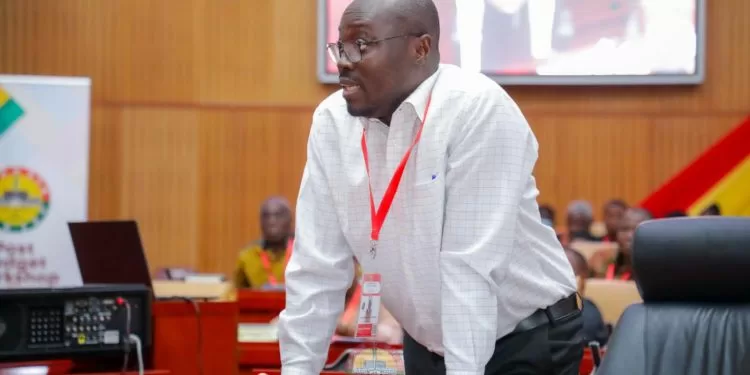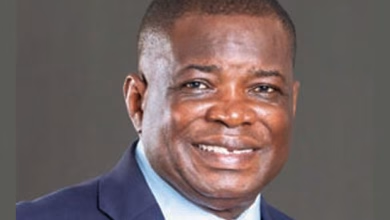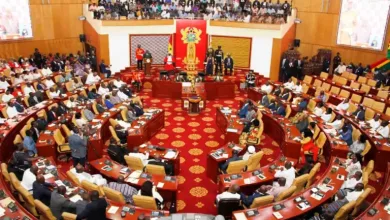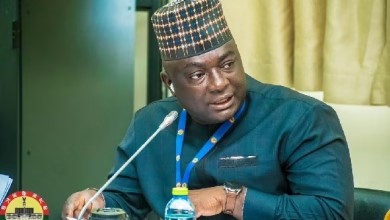“Parliament Has No Free SHS Bill, Ato Forson Tells Afenyo Markin”

- NDC minority denies opposing Free SHS bill.
- VP Bawumia, not NDC, opposes Free SHS law.
- NDC identifies lapses in Free SHS implementation.
- NDC will support bill if presented to parliament.
Dr. Cassiel Ato Forson, the Minority Leader in Parliament, has strongly refuted accusations made by Alexander Afenyo-Markin, the Majority Leader, that the minority group opposes a bill on the Free Senior High School policy.
Dr. Forson clarified that there is no such bill before parliament, and the minority group cannot oppose a bill they have not seen or debated. He emphasized that the NDC minority will always support any legislation that seeks to improve and sustain the Free Senior High School policy, which has benefited countless students and families.
Dr. Forson pointed out that it is actually the Vice President, Alhaji Mahamudu Bawumia, who has publicly expressed his opposition to a law regulating the Free SHS policy, not the NDC. He quoted Dr. Bawumia as saying that all that is needed is commitment, not a bill or law, to implement the Free SHS policy, which contradicts the NPP’s current stance.
Dr. Forson reiterated that the NDC is committed to the Free Senior High School policy and has identified lapses in its implementation, which they are willing to work with the government to address. He urged the NPP to present the bill to parliament, stressing that the minority group will support any legislation that improves the policy and benefits the Ghanaian people.
Dr. Forson’s remarks were made during a press briefing in parliament, where he addressed journalists and provided detailed information to counter the Majority Leader’s claims. He emphasized that the minority group’s position is clear and will always support legislation that benefits the Free SHS policy and the country as a whole.
Dr. Forson’s response comes after Afenyo-Markin’s accusations, which he described as unfounded, misleading, and a deliberate attempt to shift the focus from the government’s shortcomings in implementing the policy.






